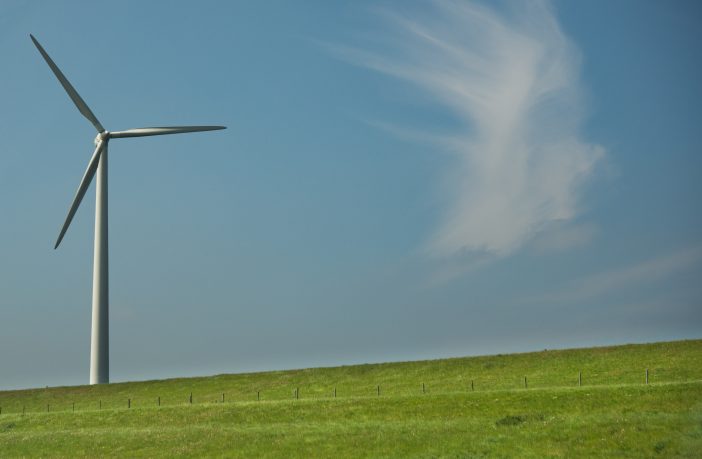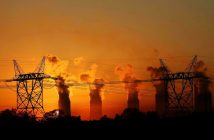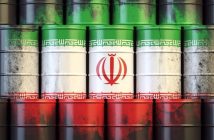- Kenya has announced that three active thermal power plants with a combined capacity of 190MW would no longer be needed.
- The three thermal plants can safely be decommissioned without negative impacts to the quality and security of supply of electricity.
- Switching off thermal plants is part of the government’s gradual phase-out plan of expensive diesel power generators as it moves to provide cheaper and cleaner energy.
Due to the recently connected 310MW Lake Turkana Wind Farm, Energy Cabinet Secretary Charles Keter has stated that three thermal power plants with a combined capacity of 190MW would no longer be needed.
Keter was referring to Iberafrica Power Plant’s 56MW contract, set to end in October next year, Tsavo Power’s (74MW) ending in September 2021, and Kipevu Diesel’s (60MW) contract which will run up until July 2023.
According to the Daily Nation, Keter said: “Total cost of terminating the three thermal stations is Sh9 billion ($88 million). Power system and energy balance analysis results demonstrated that technically they can safely be decommissioned without negative impacts to the quality and security of supply of electricity.”
Kenya runs 23 diesel power plants that account for 25% or 700MW of the total installed capacity of 2,800MW. The use of thermal power has been blamed for Kenya’s expensive electricity relative to countries like Egypt.
Solar and wind power cost about Sh8 ($0,077) per kWh while thermal goes for above Sh20 ($0,19). The fuel cost charge on power bills, which is linked to the amount of thermal power in the grid, has remained unchanged at Sh2.50 ($2,43) per kWh since August despite the injection of the cheaper wind electricity.
Consumers expect lower electricity charges with the supply of wind power from Lake Turkana. A task force that has been set up to review independent power producers and power purchase agreements (PPAs) has noted that ending the contracts would help bring down electricity tariffs.
The Daily Nation reported that most of the PPAs are foreign-funded and their tariffs are denominated in the dollar, pushing up the cost of electricity. Keter said that if the Sh9 billon is not immediately available, it is advisable to retire the power plants in the medium term.
Switching off thermal plants is part of the government’s gradual phase-out plan of expensive diesel power generators as it moves to provide cheaper and cleaner energy.
Author: Babalwa Bungane
This article was originally published on ESI Africa and is republished with permission with minor editorial changes.











